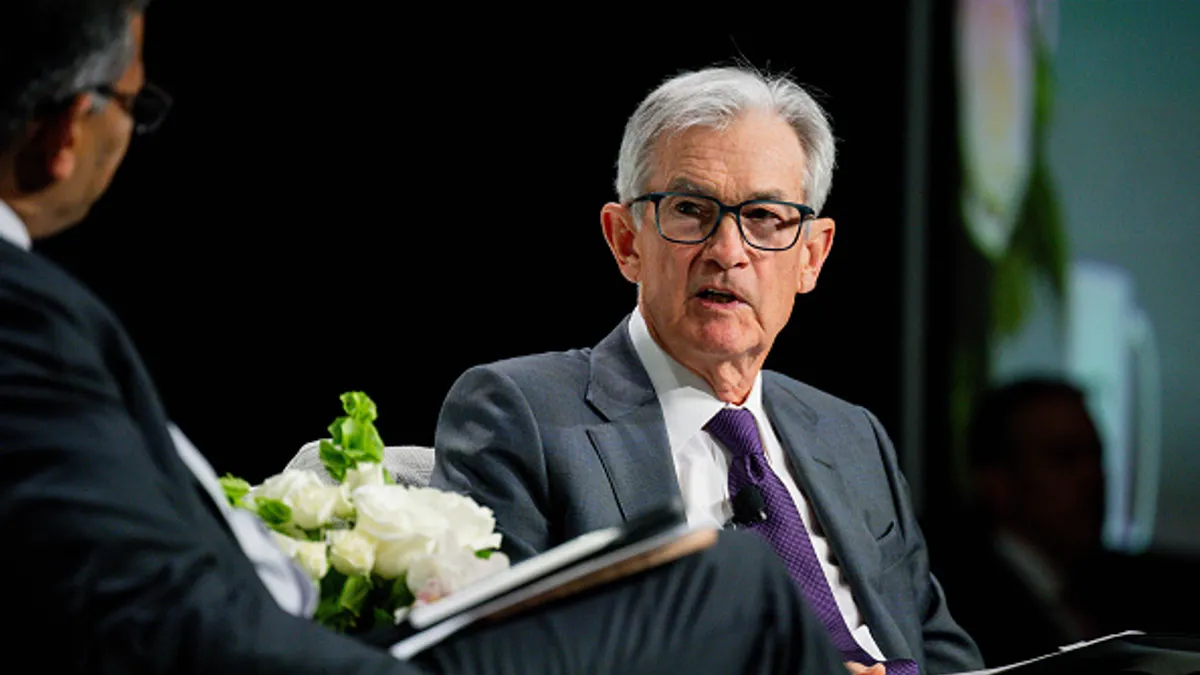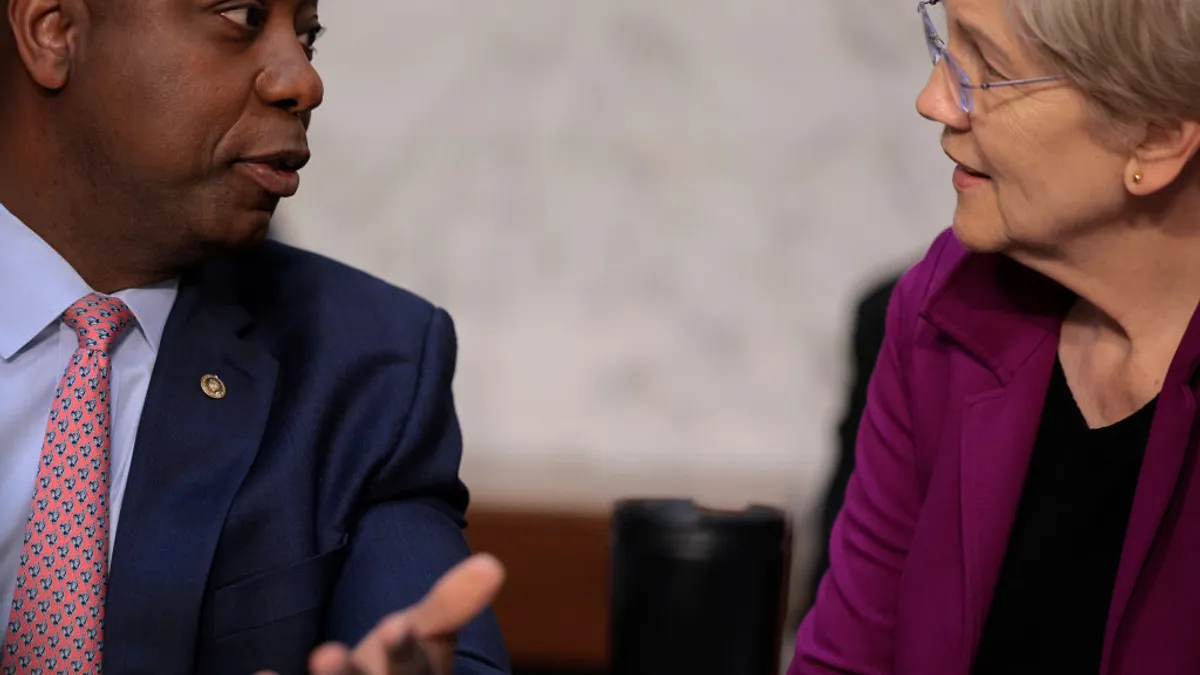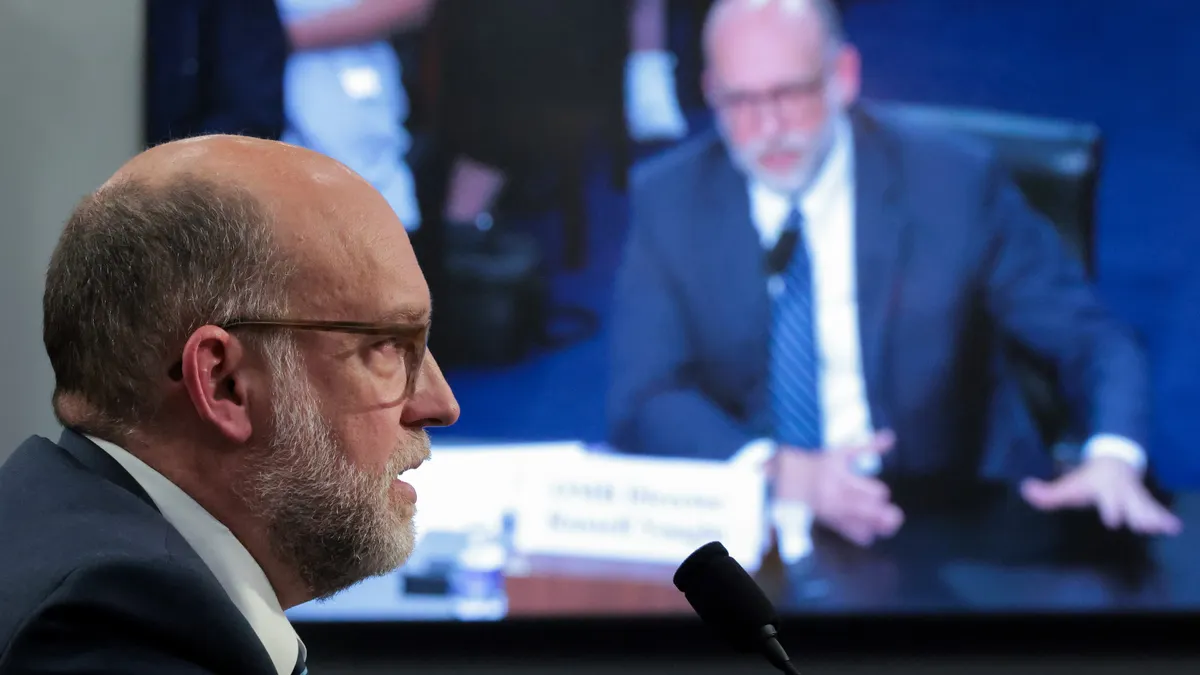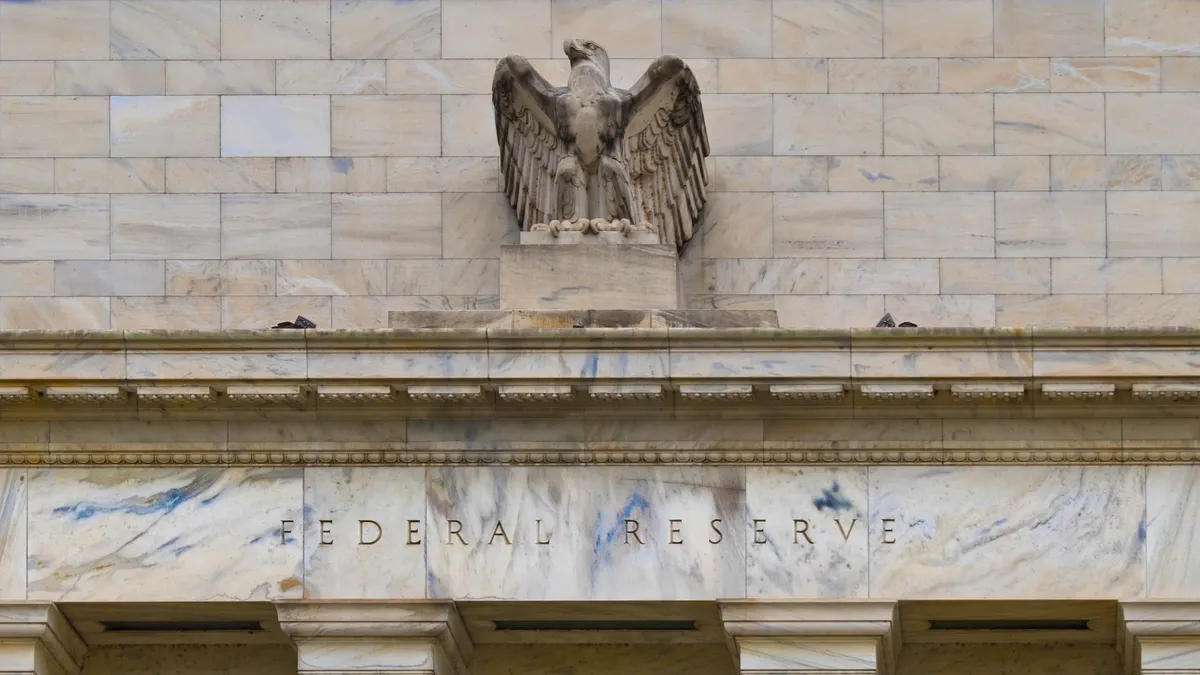When Charles Schwab announced its planned move to the Lone Star State and chose to operate under a savings bank charter, the move tipped the balance between Texas's two banking regulators.
Schwab is bringing its $318 billion in banking assets to Westlake, Texas, from San Francisco effective Jan. 1 — a couple of months after completing its acquisition of TD Ameritrade. With that, the Texas Department of Savings and Mortgage Lending (SML) will exceed the Texas Department of Banking in total assets under regulation.
To be sure, Schwab will represent an overwhelming share of SML's assets — the department oversaw $27.5 billion in assets before the Schwab banks converted, according to Commissioner Caroline Jones. As of Sept. 30, however, SML had 24 savings banks and 32,000 mortgage industry licensees under its purview, totaling $359 billion in assets. The Texas Department of Banking, by comparison, had $319.8 billion in assets across 217 bank charters as of June 30, the latest quarter for which data was available from that regulator.
Todd Engemoen, CFO of $2.8 billion-asset VeraBank in Henderson, Texas, said the SML has become the charter of choice for Texas-based financial institutions with untraditional business plans.
"I think it's clear that regulator has a comfort level with business plans that are not quite down the middle of the fairway, and the banking operations of Charles Schwab would seem to fit into that category," Engemoen said.
Danny Payne, a bank consultant and former commissioner of the Texas Department of Savings and Mortgage Lending, said the savings charter is more attuned to mortgage lending — particularly its long term and unique risks — than most banking departments are, and so, is advantageous to banks with a mortgage lending presence.
"Banking regulators were slow to understand mortgage lending risks, so savings bankers like this setup better," he said.
Texas is one of few states that still has a separate regulatory agency for savings banks.
Catherine Pickels, communications director for the Conference of State Bank Supervisors, said she was not aware of another state with a separate agency overseeing savings banks, although the structure for mortgage licensing, insurance and other areas varies across states. Texas has banking, consumer credit and mortgage/savings as departments under the Texas Finance Commission umbrella, she said.
Bankers and the banking department in Texas have tried for years to consolidate the two agencies into the state's Department of Banking to no avail, Payne said. The agency again this past year came under the consideration of the state's Sunset Advisory Commission, a group the Texas Legislature created in 1977 to make state government more efficient, effective and accountable.
"There was a huge push to consolidate, but it did not happen due to significant support to keep it separate from banking," Payne said.
Jacob Thompson, a managing director at SAMCO Capital in Dallas, said Texas banks have increasingly considered switching to the savings charter.
Such a move is not unheard of. Several banks years ago migrated from the Office of the Comptroller of the Currency's national bank charter to a Texas state charter, Thompson said, in what he described as a movement driven by the feeling that a state agency was more engaging and proactive. Bankers felt a state regulator was more likely than the OCC to sit down with them and have a straightforward dialogue, he said.
"I think maybe some of the same dynamics are in play here," Thompson said.
Jones, for one, has been more visible and often makes the rounds in banking circles to "stump" for her agency, Thompson said. "Part of it is, the leadership has taken it upon themselves to be more engaging," he said.
Jones told Banking Dive her agency is receptive to bringing on more banks but said it does not approach banks that are under another regulator.
"If a bank decides that it wants to look into converting to a savings bank, we will talk to them about what that means," she said. "But we do not approach other people's banks."
She said the two Texas banking agencies are not rivals or competitors, and the state is lucky to have so many financial regulators.
If more banks are attracted to the savings charter, it could be because of its efforts to be practical with its rules and regulations, Jones said. The SML is trying to make sure that its requirements are not overly burdensome on the institutions while at the same time protecting the banks' customers. "It's a balance," she said. "We value being accessible and responsive."
Thompson said a handful of charter conversions could be on the horizon but added that Commissioner Charles Cooper and the Texas Department of Banking do a good job. "As long as you have his leadership in place, I don't know that you'll see widespread [conversions]," Thompson said.
Having more than one state-level banking regulator can create a system of checks and balances in Texas, Thompson said. "And it keeps banker's options open for having the best regulatory relationship," he said.



















